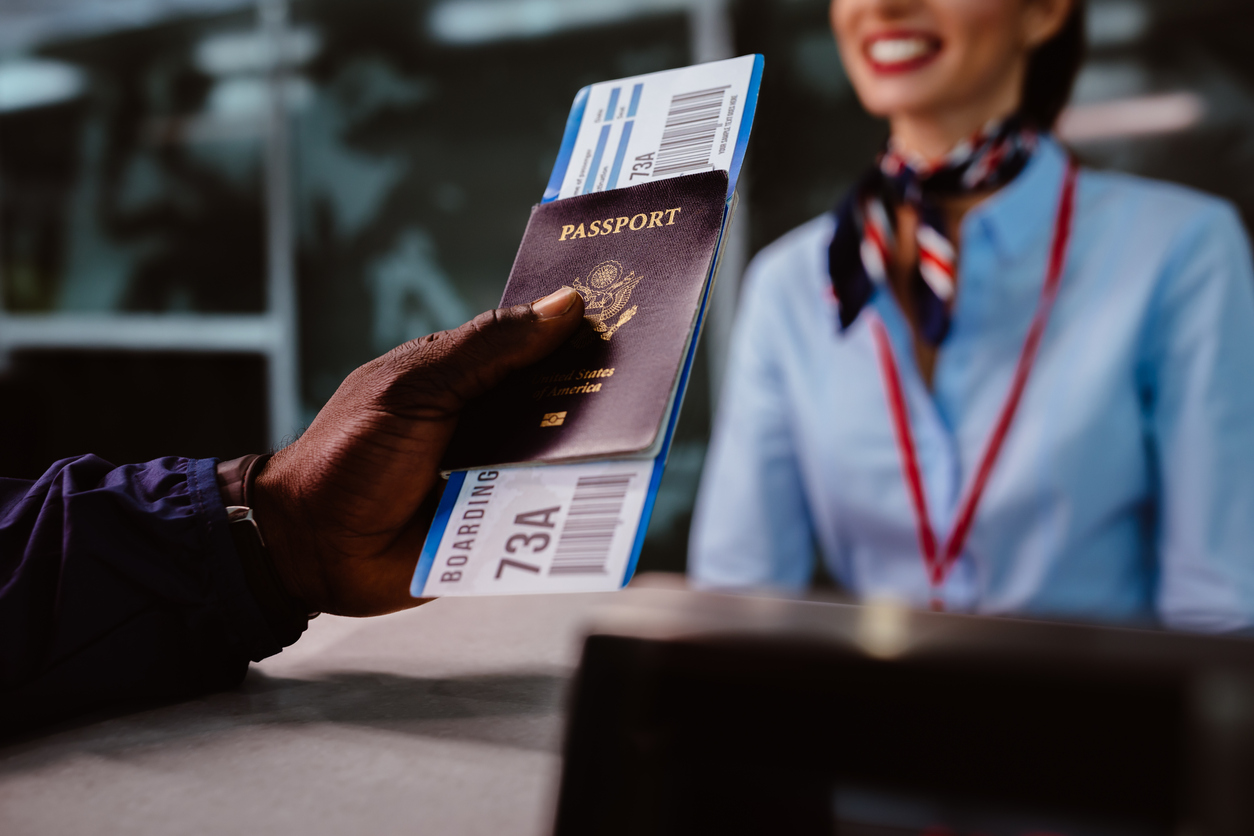29th June 2020
Written on 29th October 2019
How the internet changed travel
Happy Internet Day!
Today we are celebrating one of the most, if not the most, important and influential invention in human history: the internet.
On 29th October 1969, the first electronic message was transferred from one computer to another in California - just a few months after Neil Armstrong’s walk on the moon. A few years later after in 1989, the World Wide Web became possible with the development of the Hypertext Markup Language (HTML) and Hypertext Transfer Protocol (HTTP). On the 6th of August 1991, the World Wide Web project was formally announced and became available to the public.
Since then, the internet has grown both in size and numbers of users, connecting everyone around the globe.
At TAG, we are celebrating the internet’s existence by remembering what the world of travel used to be like before the Internet came into existence.
Booking a flight
Thirty-five years ago, looking for a flight was not an easy task.
With no online travel agencies, online check-in or price comparison sites, booking a flight was a tedious process involving laboriously hand-written documents. In addition, if any of these papers were lost or damaged, you would have to pay an extra fee for it to be re-issued.
Also, back in the day, there was far less competition between airlines, which meant that the stablished brands were very powerful, and prices were high due mainly to the lack of competition.
Customers would also struggle to search for the cheapest fares, having to contact the airlines directly by phone or walk into a travel agent store in order. Although agents were a helpful source of information, sometimes they simply wouldn’t be able to tell you all the airlines flying to a specific destination.

Booking hotels and accommodation
There was also no way of finding out what other people thought of a hotel as there weren’t any reviews available. The only marketing brochures available were nearly always printed on cheap paper and often criticised for misleading description and selective photography. This made it difficult for travellers to find the perfect accommodation for their travel and holidays.

Travel information & money
Travel information and updates were scarce pre-internet.
When trying to find out and get ideas on where to go, it was very time consuming and difficult to find information about different destinations. Often travellers would have to search in travel books, magazines, catalogues and consult travel agents – and the information would still be limited.
Apart from this, weather reports and travel advice were not available, and if there were any travel news pushed out, they were delivered too late for travellers to be able to take any precautions.
Once travellers arrived at their desired destination, searching a hotel, venue, or restaurant was another challenge. With no Google Maps available, travellers would have to have the full address of the place they wanted to get to and a map, which most times they needed to order in advance from their travel agency or a travel specialist. Translation books were also a must for those travelling to foreign countries.
At last, travellers were also required to exchange currency in cash, which was risky and not the most convenient. Comparing rates was also difficult as they would have to go from shop to shop to find out what the best rate was.

The rise of the internet
With the rise of the internet, the whole world changed in just a few years – and the way we travel changed with it.
Emerging online travel aggregators, ranking sites, self-booking technology, etc, changed B2C travel forever. With more competitive prices available, as well as general information about flights, hotels and destinations, it’s all eyes on Travel Agents and TMC’s to deliver that unique factor – experienced service. This is more important than ever. In fact, technology allows TAG to deliver that 360, high-quality service to our clients, giving them the keys to have access to more information, last minute updates, reporting, self-booking, etc and with more than 30 years’ experience, TAG is renowned for being a high-end, service-driven company, committed to meeting the needs of a diverse marketplace.
Thanks to internet - and technology - we can provide a truly global and around-the-clock 24h service, through our travel and events experts in ten global offices, based across four continents.
And let’s not forget, the internet revolutionised travel documentation and made it easier for both travellers and companies to keep track of transactions, itineraries, confirmations, tickets and invoices – as well as being eco-friendly!
All of this to say thank you to the internet for making our lives easier and less time consuming, for both our agents and travellers.

Get a fast track response for your enquiry
Please complete the following to get a call back from one of our travel experts.

